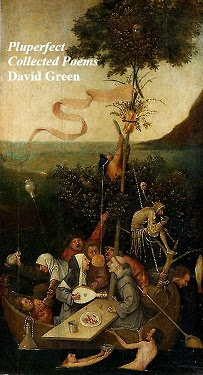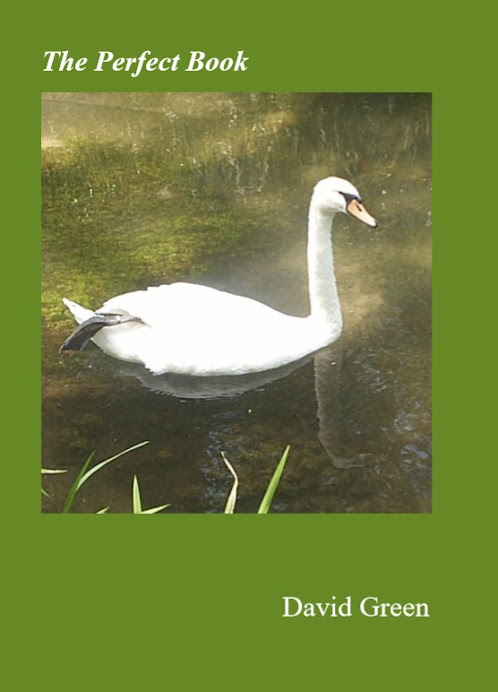It's like being a teenager again, really.
Rightly or wrongly, some authors seem to lend themselves to a particular demographic of readers. Jane Austen is surely for ladies, Hemingway for men of a certain type and science fiction for nerdy kids and those who remain such after achieving the age of majority. I was about 15, I reckon, when I read Metamorphosis and also recorded Shostakovich off the radio through a microphone onto cassettes.
While Shostakovich stayed with me, Kafka didn't. I think I suspected Metamorphosis of being science fiction. I'm sure I read The Castle but kafkaesque had entered the language and we all knew what it meant - it was like trying to get an answer out of Virgin, Ovo or Boris Johnson - and, like Orwellian, there appeared to be little to be gained by re-reading Animal Farm which was a tremendous book for 16yo would-be intellectuals to cite but there was an unimaginable amount of other literature to look at, too.
However, recently prompted to get over all that prejudice, I took up with The Trial and, yes, it is all that but it is impressive, too. Kafka is not only kafkaesque, he's a great writer, too.
The only proper approach was to come to terms with existing conditions. Even if it had been possible to improve specific details - which, however, was nothing but superstitious nonsense - one would have at best achieved something for the benefit of future clients, at the expense though of doing oneself irreparable harm through attracting the attention of ever vengeful officials.
Some of the most affecting books are those that tell us what we already know but serve as confirmation. In the introduction written by Richard Stokes,
The Trial...represents his written defence in the trial he had in his imagination initiated against himself and which was to consider the warring claims of literature and family life
and it doesn't look a big stretch to me to connect that with the theme in Sean O'Brien that we are somehow guilty of being ourselves. Maybe there is more to Kafka than the nightmare labyrinthe, not least because it's not all political, it's psychological. It is a condition and it quite likely belongs in the accumulation of ideas about themes in James Joyce, Rosemary Tonks et al. Maybe his letters and a biography should go on the list of forthcoming attractions so that one can read more of what one already knew but never saw so well expressed.
Shostakovich can't ever be blamed for the labyrinth he was caught in, only for being brave enough to stick it out in Soviet Russia while adopted celebrity lifestyles in America.
The thrill of last summer's Messiah by Malcolm Keeler and Portsmouth Baroque Choir in Chichester has only now been challenged by the very different experience of Katie Wilkinson's Shos Viola Sonata about which it would be easy to say it 'went beyond words' but that's what music ought to do and it would put me out of a reviewing job. But today was an exemplary day, going back to the String Quartet no. 3 and some Tatiana Nikoleyeva Preludes and Fugues. Why don't I listen to that all the time? Because there are so many other things, too.
But we need a Top 6 Shostakovich at the very least and it begins roughly where I began with the String Quartet no. 3 and proceeds with the ever-inventive 24 Preludes and Fugues, whether played by Nikoleyeva or the composer himself. The Viola Sonata, of course, as below, and the monumental Lady MacBeth of Mtensk, which is nobody's easy listen. I'd probably have the Piano Quintet, op. 57, for sentimental reasons notwithstanding how it has the composer mixing austerity and lyricism as only he ever did. I'd much rather have another String Quartet than his popular hit from The Gadfly but the symphonies are too big for me and so God Only Knows how far he'll penetrate into that All-Time Big Four of Bach, Handel, Mozart and Beethoven if I ever get to grips with them, and the jazz.













